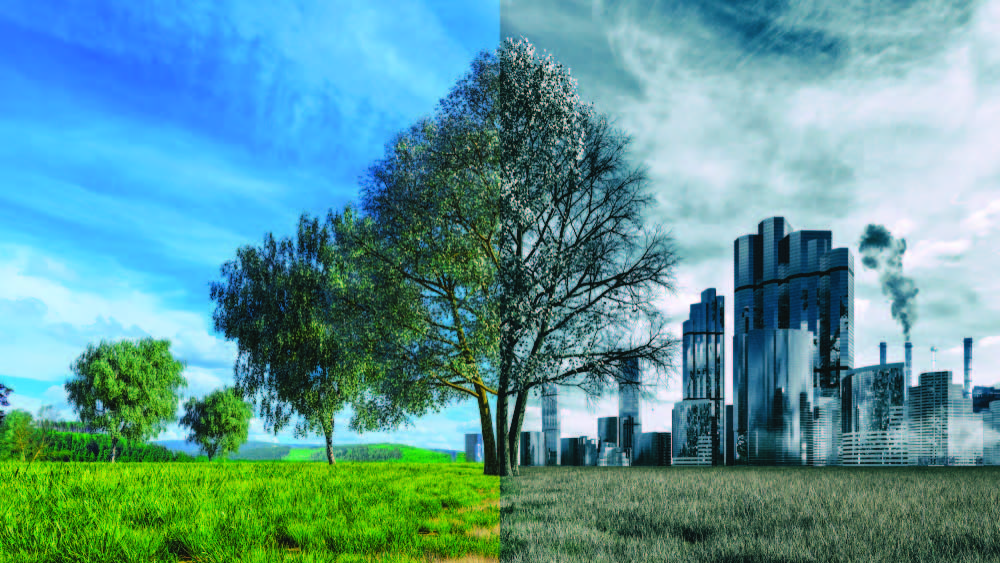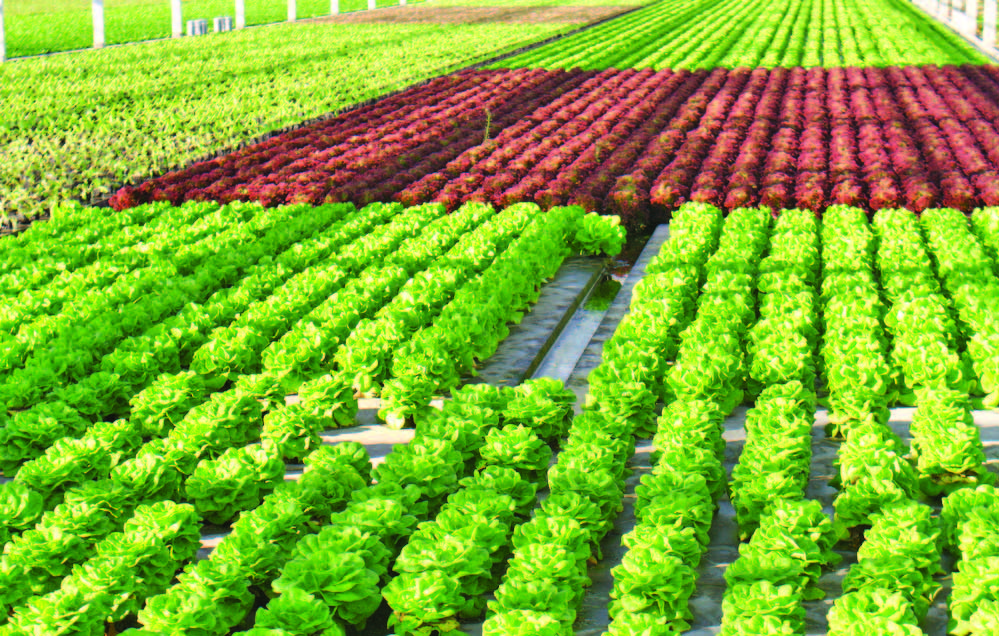“How would you like to write about Greta Thunberg?” my editor asked. I said, sure, but what’s the angle? And of course, the angle was her issue with animal rights, and, as an aside, veganism. The two, of course, are interrelated.
Now, let’s get this straight, I am an avowed omnivore – I eat vegetables, fruits, and meat. It’s because of that that I find it an interesting challenge to write about Greta Thunberg, animal rights, veganism, and environmental issues.
But I figured, that’s the point of writing, isn’t it? The writer also learns as he puts his own words to the figurative paper.
‘Can you hear me?’

Ms. Thunberg, for those who are unaware, is a 16-year old woman from Sweden. She first realized the full impact of environmental issues when she was 11, and this left such a deep mark on her that she fell into a stark depression. She eventually recovered, but her thoughts on what to do with environmental issues reached a sort of epiphany years later.
She started a one-person demonstration in front of the Swedish parliament, holding up a sign that said, Skolstrejk for Klimatet (School Strike for Climate). Soon, school strikes all over the world were organized, following her example. She also began to appear in conferences, where she castigated lawmakers and the top 1-percenters for their lack of interest in environmental issues.
“You did not act in time,” she would say. French legislators were harsher, implying that she was one of the “gurus of the apocalypse.”
But again, perhaps the reason why she is an uncomfortable presence in the corridors of power is because of the fact that she is making sense – that maybe, we grown-ups have spoiled her generation’s future.
“Can you hear me?” she asked, on so very many levels.
Animal rights and environmental issues: Everything goes green
Animal rights are intrinsically connected to environmental issues. Here are some of the reasons why.
Environment as habitat

The natural environment is, obviously, where wild animals live. By changing the environment to suit human needs, be it for agriculture, urban development, or simply damaging the environment as a byproduct of extracting natural resources – mining and logging are examples – we threaten the lives of animals everywhere.
Livestock and agricultural consequences
Many people don’t think of the environmental consequences of the meat that is served as food on their table. Raising livestock is about efficiency and maximized yield. Environmental waste and cruel treatment of animals take a backseat to lowering production costs and having faster turnaround times for each generation of pigs, cows, and other animals who are bred purely as food.
The more and ethical questions
In a less-developed world, the idea of eating meat is seen by a growing number of people as immoral and unethical. After all, these animals that we consume as food are aware. They may not be as aware of themselves as we are, but there is already the question of sentience. So, the question is, why are we still eating other animals who may or may not be self-aware?
The rise of veganism and related responsible practices
One way to save the environment is to cut out the fat, if you pardon the philosophical pun. Agricultural and livestock practices do need to shape up.

Animals do not have to be our main source of food
Most people eat meat as if there is no tomorrow. Globally, it has been taught that meat is the primary food option. This has resulted in large agricultural spaces being given over to the breeding of livestock.
This is where the agricultural waste begins with livestock: the sheer scale of the operations. If there is a shift to more plant-based food production – and hence, plant-based diets – we can lower the levels of pollution and agricultural space that is taken up.
The need versus the want
When humanity was still in the hunter-gatherer phase, eating meat was a need to be met. However, now that we have significantly developed as a civilization, the eating of meat has become more of a want.
True, some of the nutrients we need are still best taken from animals (in the portions or amounts required), but the way that many societies consume meat is already placing a burden on natural resources. Again, the environment is at stake, along with the delicate balance of flora and fauna.
[As a doctor, I used to think eating meat in moderation was healthy. But looking at current literature, I realized meat wasn’t a “health food” at all. While nutrient-dense, animal flesh comes with harmful hormones, bad cholesterol, and saturated fat, all of which eventually cancel out the alleged health benefits of meat consumption. -Ed.]
Why not science
We’ve already heard on the news or seen online how scientists are developing lab-grown meat. This means that the production of meat can be done without having to kill a sentient animal or create a gigantic agricultural and livestock infrastructure that ultimately damages the environment and exhausts raw materials.
It is ridiculous to see how some people object to this on the grounds that it isn’t natural, yet they prefer the idea of subjecting animals to the misery of livestock operations and slaughtering them for food.
Total commitment
And so we go back to Greta and her environmental activism. I had to hand it to her, she put her money where her mouth was. She went vegan as she saw the connection of animal rights and the whole problem of agricultural and livestock operations within the bigger picture of environmentalism.
I consider myself a traditionalist, and with my being an omnivore, I am more than willing to find ways to come up with environmentally acceptable ways to have meat on my table. Heck, to be sure, I have no problem with having my steak grown in a lab, never having been part of an animal.
But the argument that Ms. Thunberg makes is about time.
We, as humanity in general, are running out of time – indeed, if you listen to the young lady’s arguments, it may well be that we have run out of time. It is entirely possible that we have condemned our future generations to suffering untold hardships while cleaning up the mess we have recklessly made.
And when it comes to animals and their rights, it is a matter of evolution – not a physical one, but one of philosophy and recognition. We already accept fur babies into our households, and we accept that many of the non-humans around us are aware on some level of who they are. And yet we still eat some of them. We already have the science and production capability to stop what would be seen in other terms as barbaric, yet we do not.
Ms. Greta’s argument is, then, about the lack of time. If these issues had been recognized much, much earlier, then we could have found ways to mitigate the issue in a slow, calculated manner. We wouldn’t need to have the shock treatment of having a teenage girl point the figurative finger at all of us and tell us all in no uncertain terms that we are failing to give their generation a future.
In the end, Greta Thunberg’s fight for animal rights, for the environment, and, ultimately, for the future, is an uncomfortable truth that we have to face.
So is Greta Thunberg a guru of the apocalypse?
No.
Perhaps she is a prophet who is trying her best to save animals, the environment, and ourselves from our own worst practices.
This appeared in Animal Scene magazine’s September 2019 issue.
Related stories:
– Activists calls for gorilla’s release after it remains in captivity four years after it was supposed to be freed
– Activists release footage of poachers killing hibernating bear and her cubs
– Bill would let some cats and dogs used in testing be adopted





